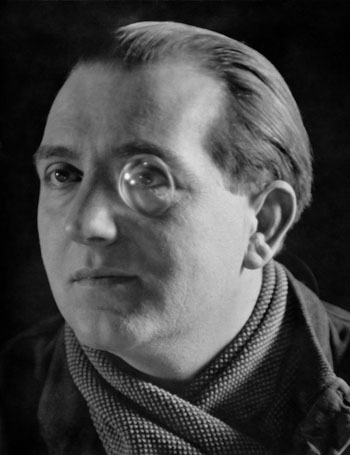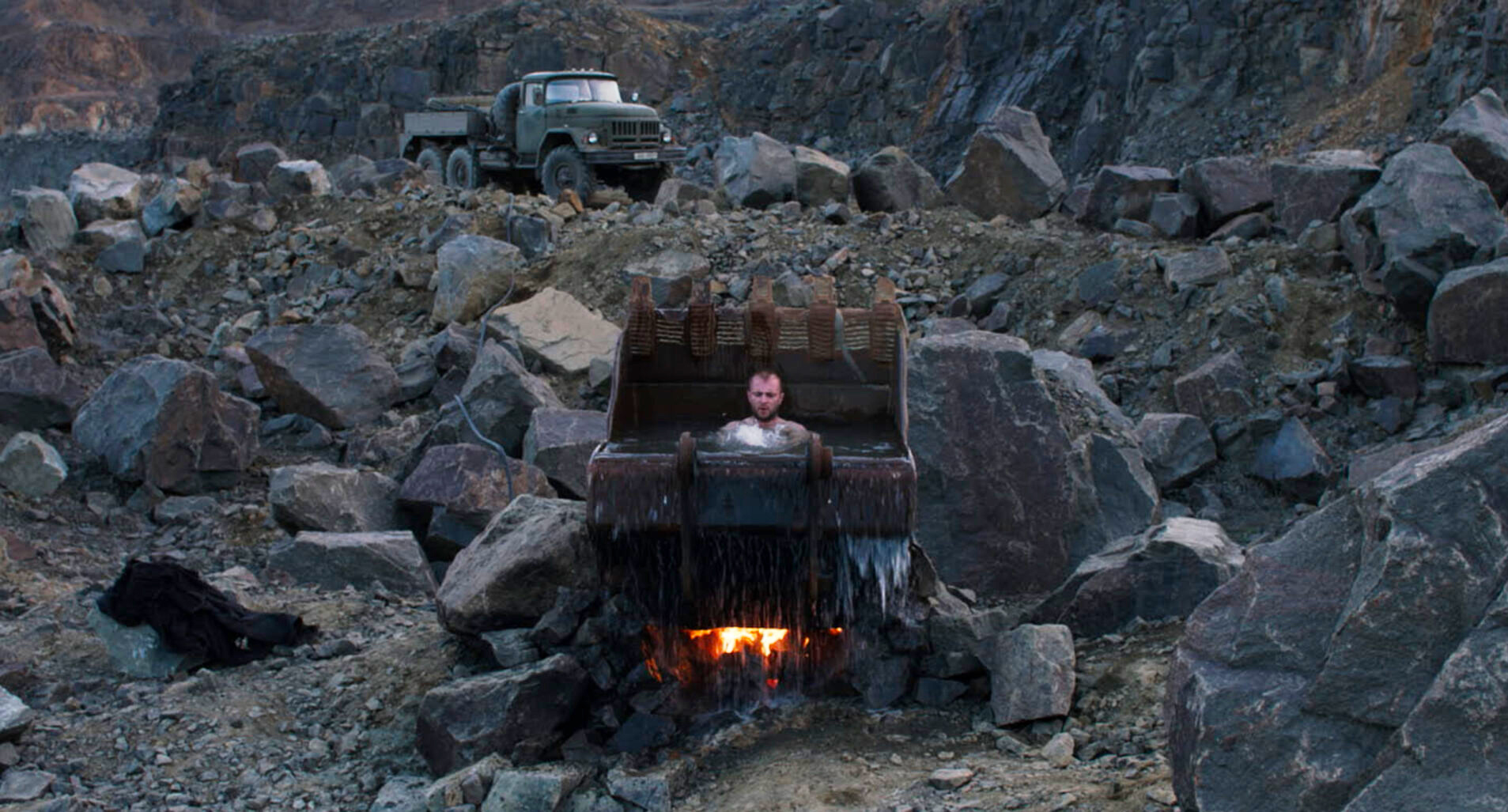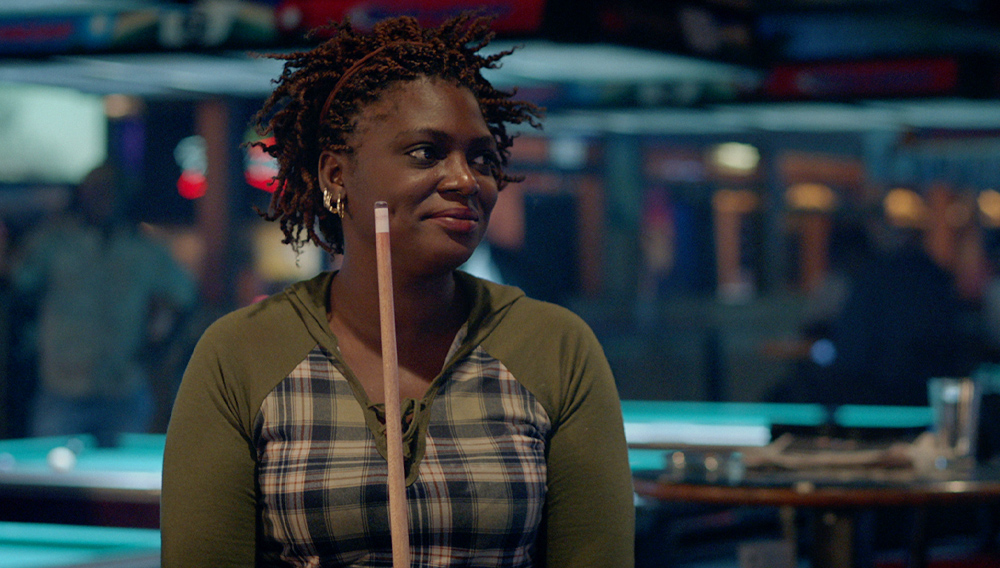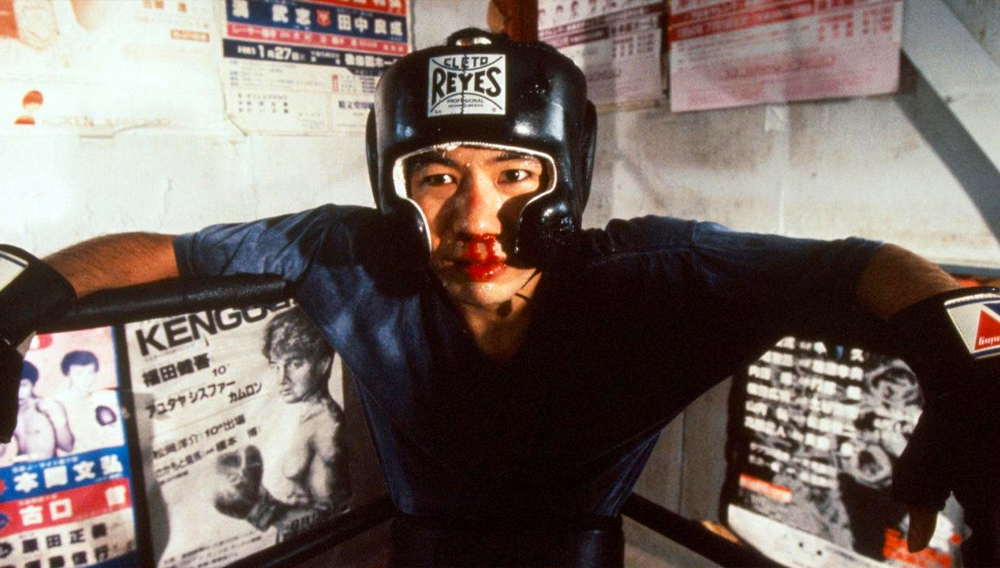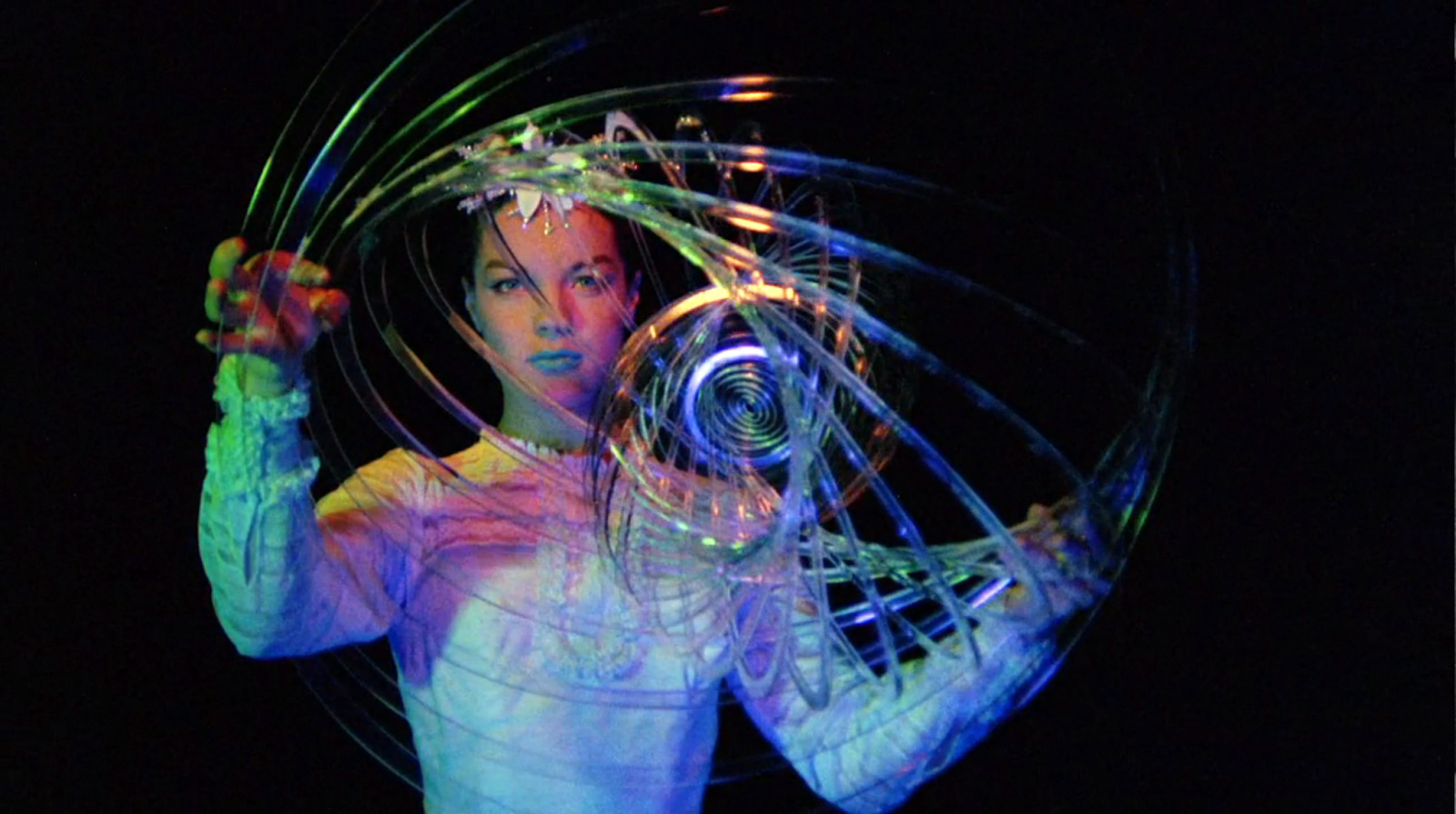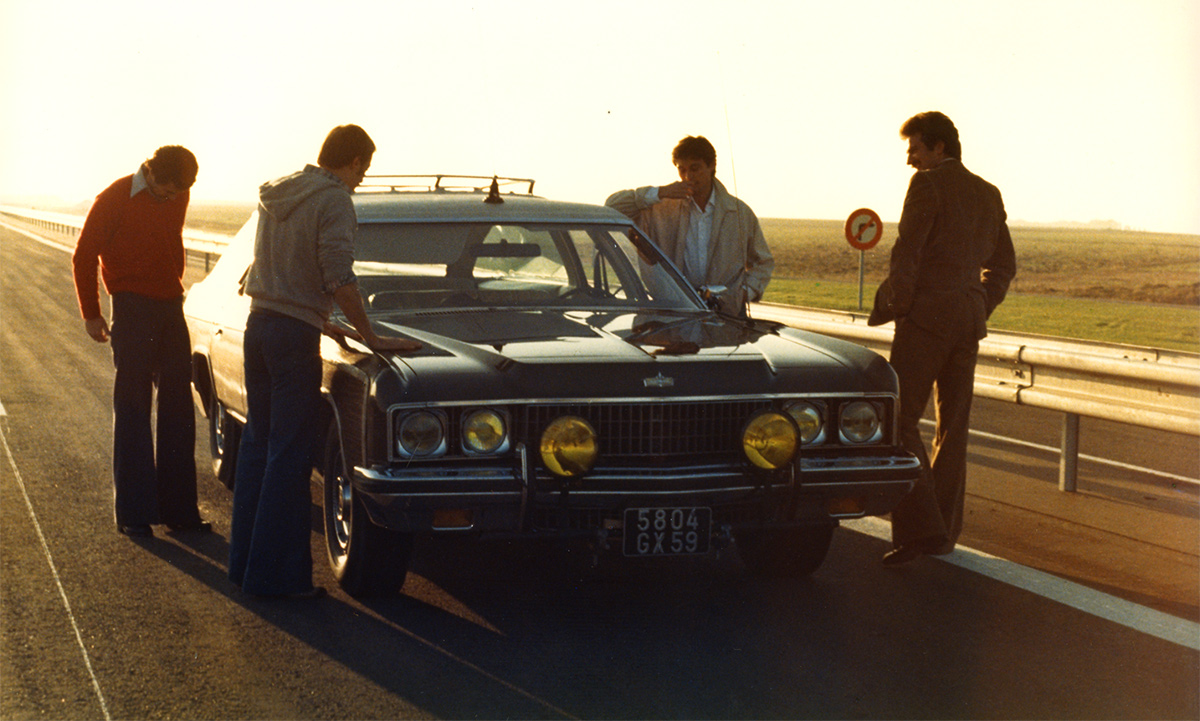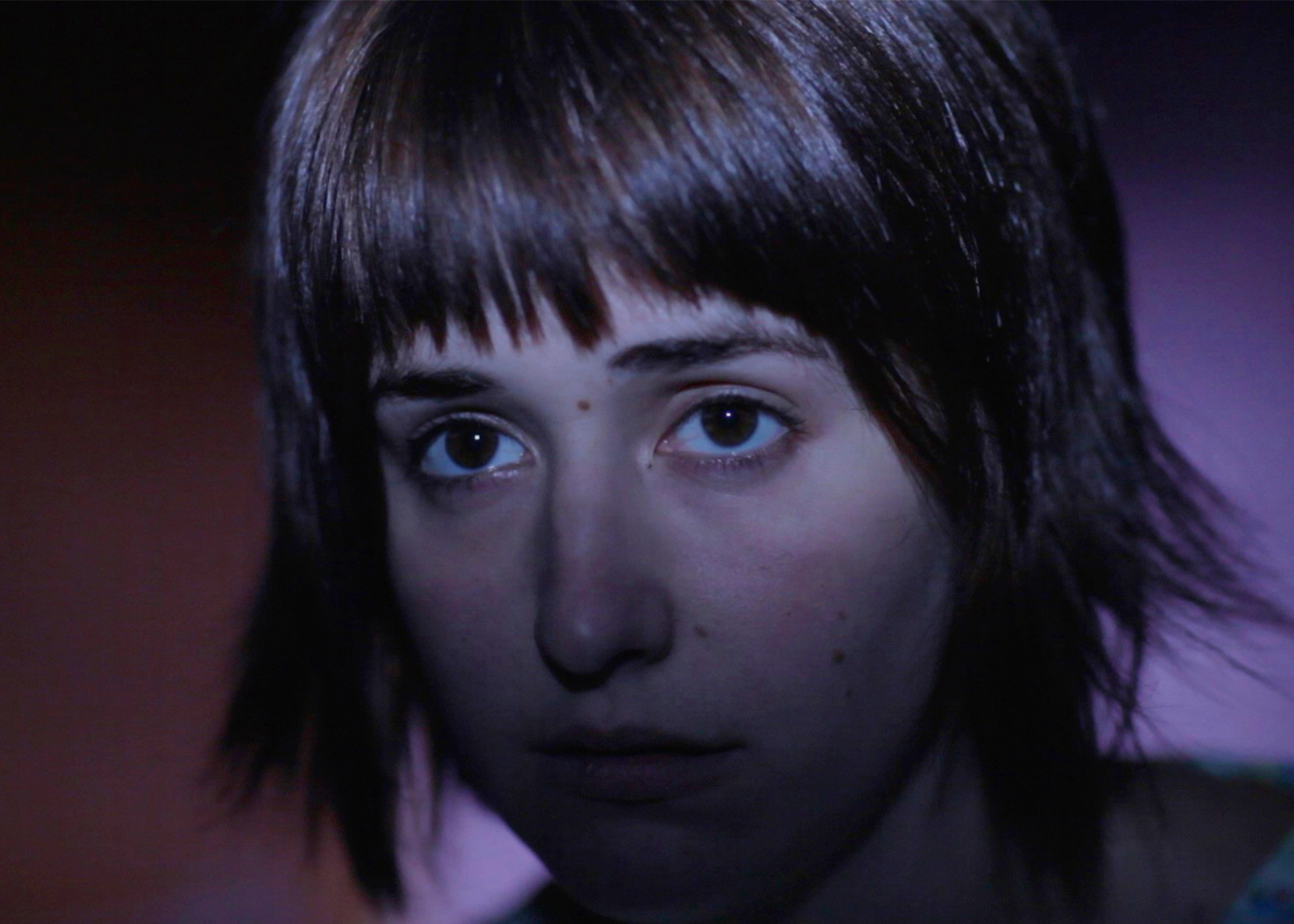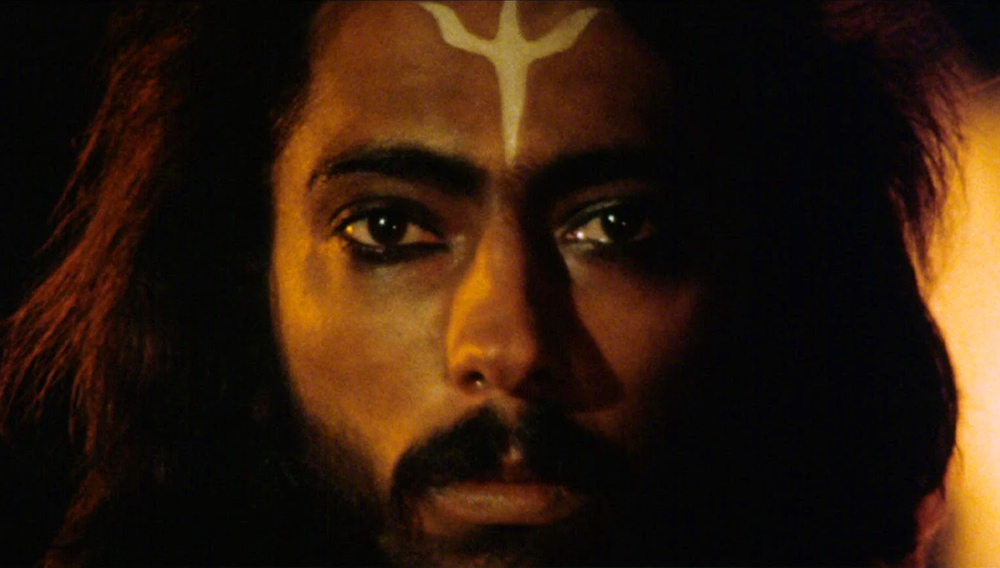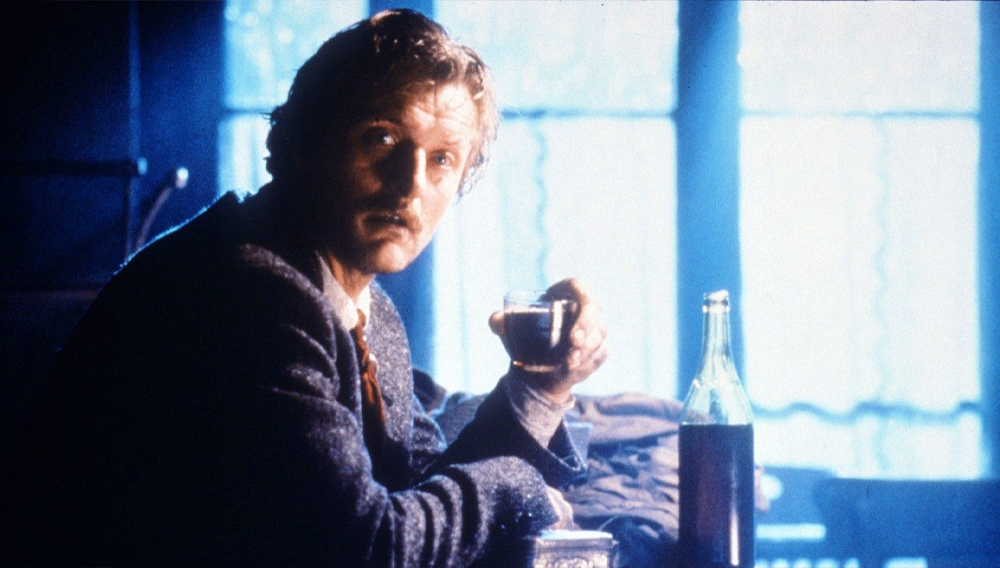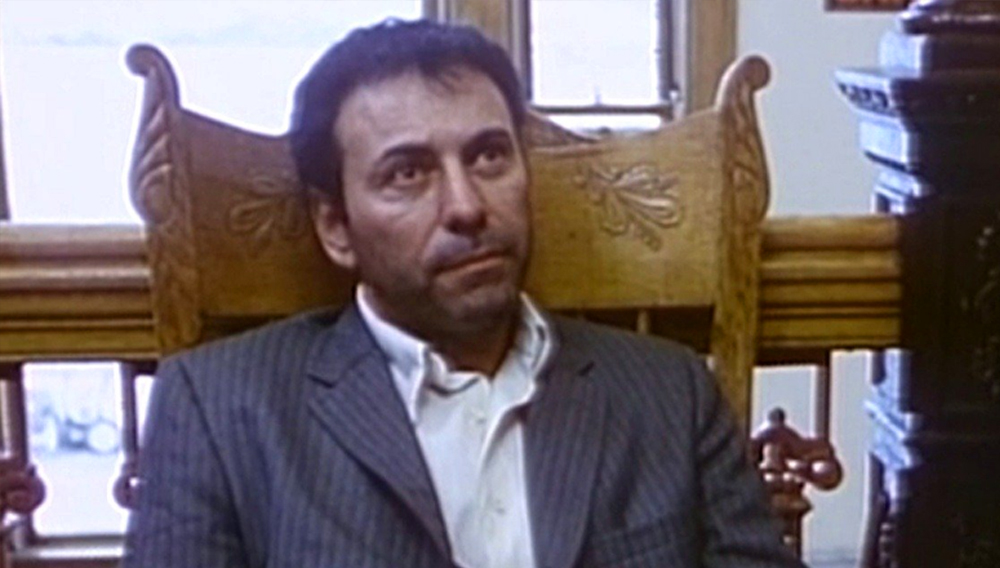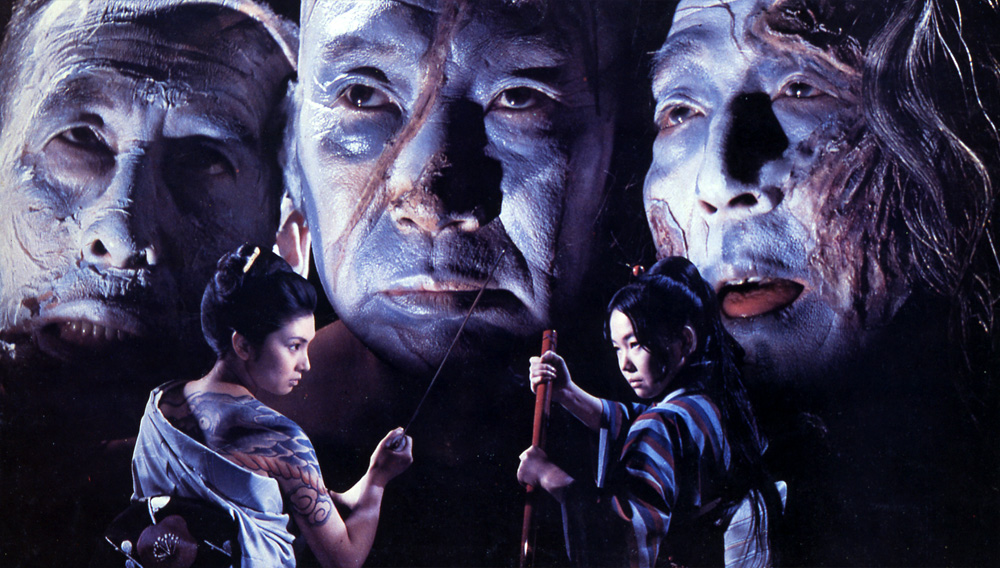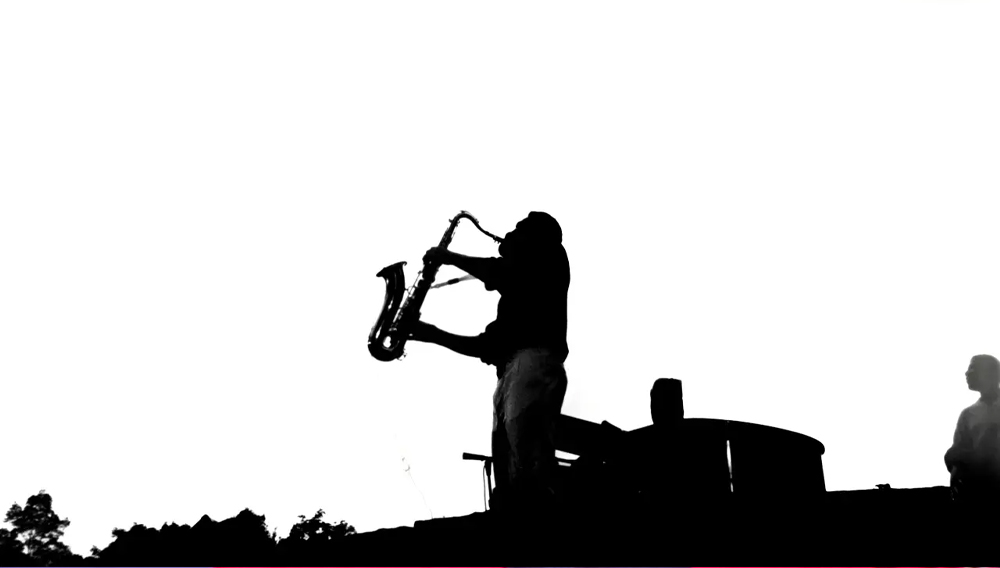“Few silent-era filmmakers remain as popular, accessible, and relatable to contemporary audiences as Fritz Lang,” write the contributors to a new feature at Not Coming to a Theater Near You, “Silent Lang”: “His work between 1919 and 1928 (comprising 12 feature films, 10 of which survive) charts not only the growth of a major artist, but also the evolution and maturation of an art form in whole.” Reviews will be rolling out over the next several days.
The Notebook has begun rolling out what looks to be an amazing series on Portuguese and world cinema. Do have a look.
“The meaning of cinematography is, at the very least, up for grabs now that so much of what was done with the camera can be instead simulated computationally.” Steven Shaviro argues that the current and ongoing “mutations of cinematic form have perceptual, philosophical, and political implications; but we cannot get a handle on them unless we understand first of all how they are working on a formalist and aesthetic level.”
Viktor Shklovsky “is surely the most eccentric literary critic of the twentieth century,” writes David Bordwell. “He is also one of the greatest.” Bordwell explores some of Shklovsky’s ideas on plot structure in relation to a wide array of films—and to Russian Formalism. Zach Campbell‘s posted a few thoughts on those passages in particular.
“An early champion of Italian Neorealism, André Bazin praised movies like Rome Open City and Paisan for the immediacy of their ‘re-enacted reportage,'” writes J. Hoberman in the New York Times. “Lionel Rogosin’s 1959 Come Back, Africa, a clandestinely made exposé of South African apartheid, is more like reportage re-enacted under fire.”
In December, Adrian Martin declared that Philippe Garrel’s Jealousy is the best film of 2013. Now, in Transit, he elaborates: “Especially significant and notable is the remarkable rhythm that Garrel gives the film’s unfolding: at seventy-seven minutes, it covers a lot of ground (and not a small number of characters) in a gallop, without ever seemingly overly elliptical. This compression is a source of energy for Garrel’s style.”
Jesse Cataldo at Slant on Kevin Jerome Everson‘s The Island of St. Matthews: “Information and water have similarly fluid characters, and Everson exploits that mutability here to create a complex undercurrent for a seemingly straightforward pattern of visuals.”
For the Brooklyn Rail, Lathleen Ade-Brown talks with Rosie Perez about her new memoir, Handbook For an Unpredictable Life: How I Survived Sister Renata and My Crazy Mother, and Still Came Out Smiling (with Great Hair).
At Word & Film, Lisa Rosman talks with Anne Thompson about her new book, The $11 Billion Year, “an in-depth, behind-the-scenes chronicle of the motion picture industry in 2012—from Sundance to Comic-Con to the 2013 Oscars.”
At Bookforum, Natasha Vargas-Cooper dreams up a cast for Donna Tartt’s The Goldfinch.
IN OTHER NEWS
“On the heels of their Time Is Illmatic opening night announcement, Tribeca has released the first 47 of its 89 feature-length titles in the World Narrative and Documentary Competitions, as well as the non-competitive Viewpoints,” notes Sarah Salovaara. “Gabriel, the debut film from 25 New Face Lou Howe, which I can’t recommend enough, will open the Narrative section, with Dior and I and Onur Turkel’s Summer of Blood kicking off the Docs and Viewpoints, respectively.” And she’s got the full list at Filmmaker.
And from Melina Gills at Indiewire: “Hot Docs has just announced the 14 documentary features that will make up part of this year’s Special Presentations program.”
Jan-Christopher Horak, director of the UCLA Film & Television Archive, wonders “why the Germans spend millions of Euros repeatedly restoring the five great German classics, while literally hundreds of German nitrate prints from the silent era rot in the archives in Germany and abroad.” He urges us to sign a petition calling for “an initiative at the federal level to digitize all endangered film inventories.”
GOINGS ON
London. As the year-long celebration Jarman 2014 rolls on, Alexander Tucker, writing for the Quietus, recalls visiting the filmmaker’s garden while, at 3:AM, Ben Campkin considers the 1987 video Jarman made for the Pet Shop Boys’ “King’s Cross.”
Berlin. The Arsenal’s series Seven Films by Harun Farocki is on through Thursday while Harun Farocki. Serious Games, an exhibition at Hamburger Bahnhof, is on view through July 13. See realeyz for more details.
IN THE WORKS
Wes Anderson‘s already at work on his next project, reports Edward Davis. He’s working with Roman Coppola and says he’s “not even sure if it even is a movie.” It’s “a little bit vaguely avant-garde in its concept and I’m just not sure if it’s going to quite gel.”
“It looks like Blue Is The Warmest Color director Abdellatif Kechiche isn’t done with punishing stories about love,” notes Kevin Jagernauth, also at the Playlist. “Speaking with La Nouvel Observateur, the director revealed he’s got a movie cooking about Héloïse & Abélard.”
“Hot on the heels of his foreign Oscar victory for The Great Beauty, Paolo Sorrentino is set to start shooting in May on Michael Caine-starrer In the Future, an intimate drama about ‘friendship between two old people.'” Nick Vivarelli reports for Variety.
For news and tips throughout the day every day, follow @KeyframeDaily on Twitter and/or the RSS feed. Get Keyframe Daily in your inbox by signing in at fandor.com/daily.

